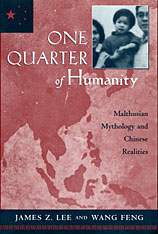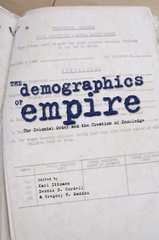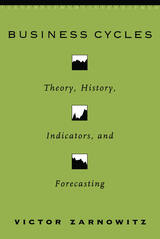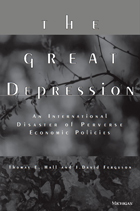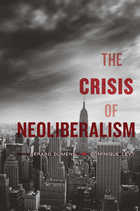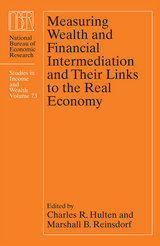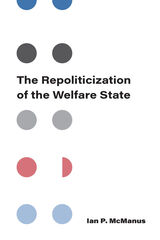Cloth: 978-0-674-02831-9 | Paper: 978-0-674-03617-8
Library of Congress Classification HB3717 1929.S544 2008
Dewey Decimal Classification 330.951042
The Great Depression was a global phenomenon: every economy linked to international financial and commodity markets suffered. The aim of this book is not merely to show that China could not escape the consequences of drastic declines in financial flows and trade but also to offer a new perspective for understanding modern Chinese history. The Great Depression was a watershed in modern China. China was the only country on the silver standard in an international monetary system dominated by the gold standard.
Fluctuations in international silver prices undermined China’s monetary system and destabilized its economy. In response to severe deflation, the state shifted its position toward the market from laissez faire to committed intervention. Establishing a new monetary system, with a different foreign-exchange standard, required deliberate government management; ultimately the process of economic recovery and monetary change politicized the entire Chinese economy. By analyzing the impact of the slump and the process of recovery, this book examines the transformation of state-market relations in light of the linkages between the Chinese and the world economy.
See other books on: 1929 | Depressions | Financial crises | Great Depression | Market
See other titles from Harvard University Press

